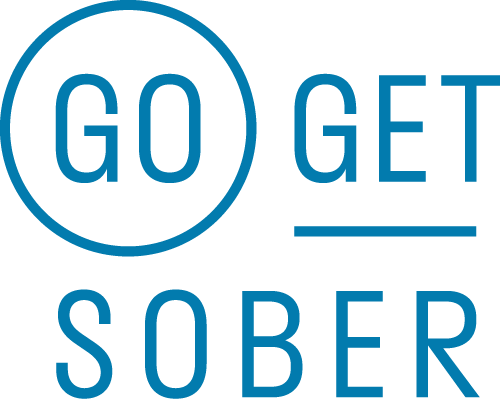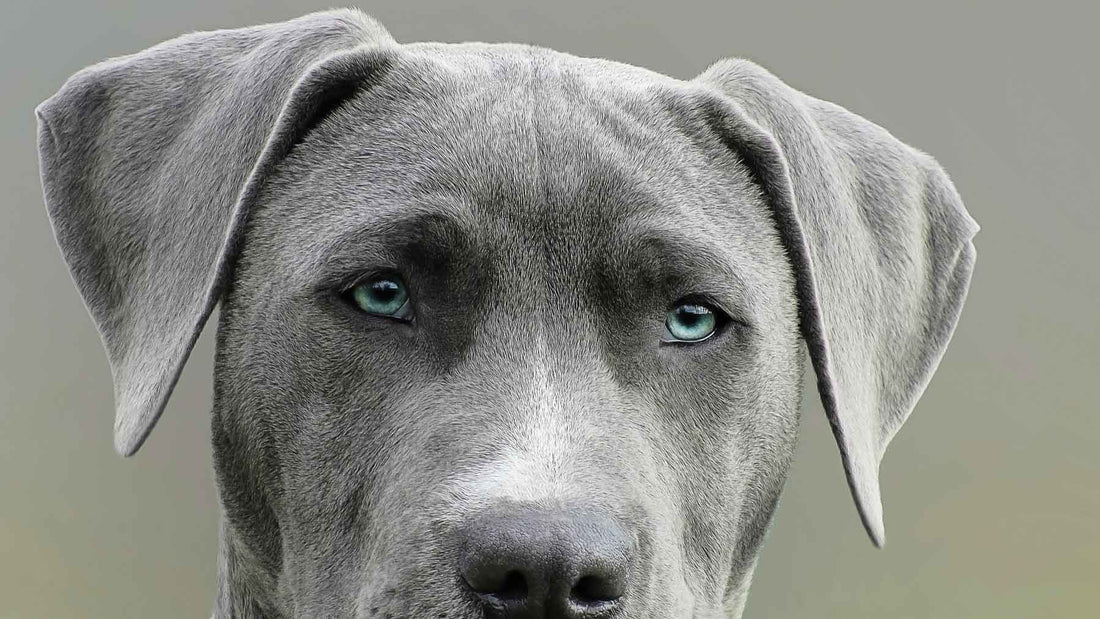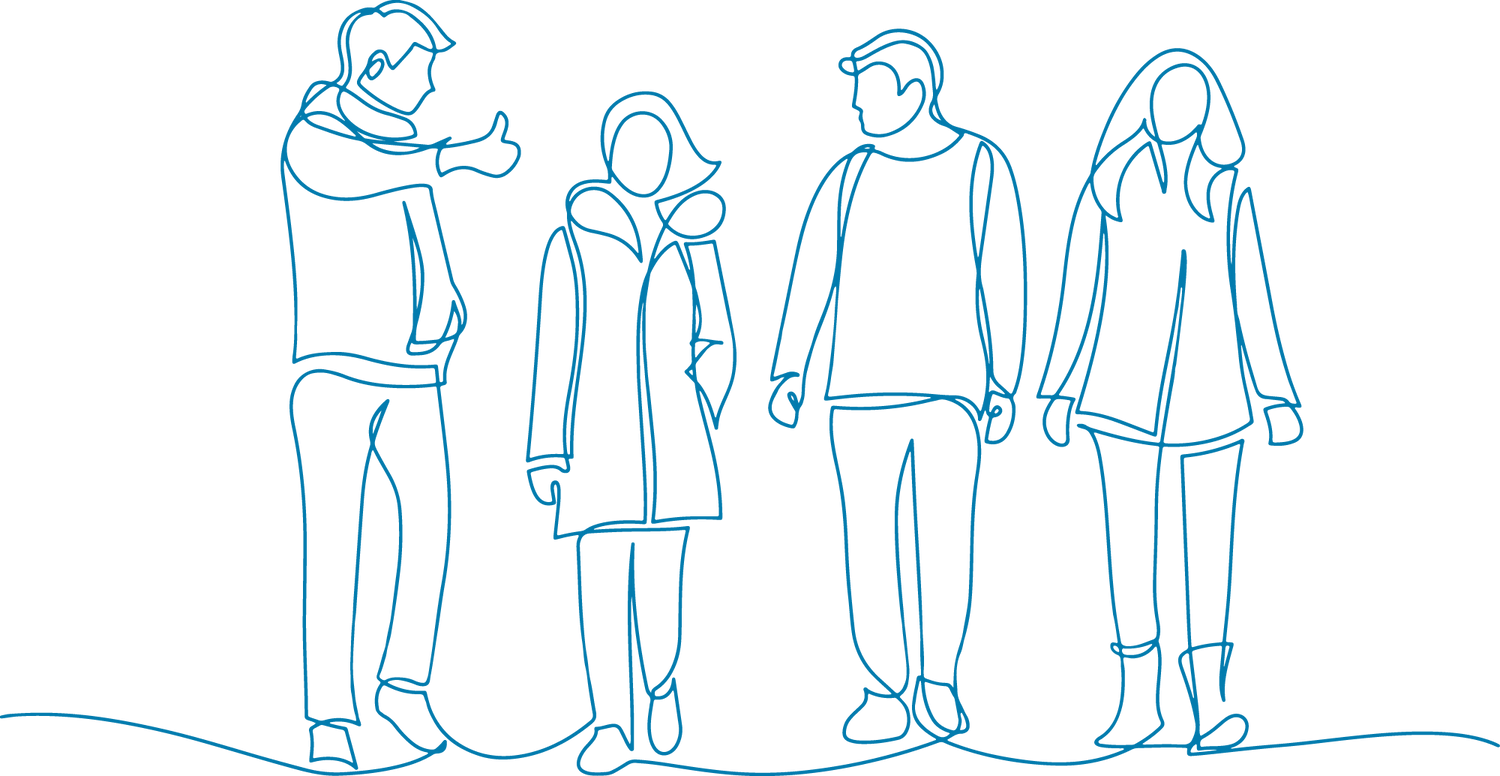Research shows us that there is a two-way relationship between unhealthy drinking patterns and higher levels of anxiety.
What Happened to My Anxiety When I Stopped Drinking
Over the decades that I was drinking, I experienced regular and persistent panic and anxiety attacks. As the years went by, they became more frequent and more intense. It was a vicious cycle - I'd drink to alleviate the anxiety but I'd drink too much, feel awful the next day, my hangovers would bring on more panic attacks and I'd need to drink more to feel better again ... and so on. You probably know the story.
When I stopped drinking, the first six months or so were liberating.
I remember a couple of months into sobriety, meeting my parents in a farm house cafe for lunch one day and having a really good time. I just felt so "normal". We wandered through the farm shop, ate some gorgeous home-cooked food and enjoyed the conversational catching up. I sniffed cheeses, eyed up the colourful sweet treats and rummaged through freezers of ready meals. I was suddenly struck by the freedom from panic and the fact I felt like any normal person meeting up for lunch. In the past, this kind of event would have had me in the throes of a major panic attack. I had become an expert at acting okay on the outside while experiencing sheer terror on the inside but this time I felt how I looked - absolutely fine! It was my first taste of allowing myself to appreciate the joy in the simple things in life.
After the first six months though, panic and anxiety returned with a vengeance. I think my unconscious mind was finally understanding that I was no longer going to plaster over things with alcohol – I was going to allow my feelings to bleed through – and it panicked and threw its toys out the pram. Without alcohol, I had no medicine to help me and this was scary. I decided I wanted some support to deal with it. I was going to be proactive. Having decided to stop drinking and stop alcohol getting in the way of my future life, I didn't want anxiety to ruin it for me either. A few months, a little bit of coaching and therapy later and having learnt alternative and healthier ways of dealing with it, the anxiety was, and is, no longer a problem.
How anxiety can lead to an unhealthy relationship with alcohol
A lot people who develop an unhealthy relationship with alcohol also have issues with anxiety.
According to The Psychiatric Times (Anxiety and Substance Use Disorders: A Review by Joshua Smith and Sarah Book),
Decades of research in psychiatry have shown that anxiety disorders and substance use disorders co-occur at greater rates than would be expected by chance alone.
They describe a co-occurrence between alcohol and anxiety "disorders" that is significantly prevalent. And, they suggest that one condition is a risk factor for the other. In other words, people who experience anxiety are also likely to experience an unhealthy relationship with alcohol and vice versa.
Some sources state that the risk for having either an anxiety disorder or alcohol use disorder is about three times greater if the other disorder is present. Healthline.com states that
About 20 percent of people with social anxiety disorder also suffer from alcohol dependence
This makes complete sense - if someone is experiencing high levels of anxiety or panic and they discover that self-medicating with alcohol gives them instant relief from their symptoms, it's understandable that they turn to alcohol as medicine for their condition time and time again. Alcohol can become a routine and can seem like an effective way to manage emotions or symptoms.
Even if someone doesn't have a full-blown anxiety disorder, most people know what it's like to feel anxious or stressed and to reach for a drink to unwind and relax. Alcohol has a sedative effect which influences the central nervous system, helping us to switch off and escape our thoughts and feelings. The problem is that it makes us feel good as our blood alcohol content rises but it can make us feel depressed when we stop drinking and our blood alcohol content drops back to normal again. This can lead to greater levels of anxiety than we had before started drinking.
According to Smith and Book, this co-occurrence of the two conditions can
lead to a mutual maintenance pattern wherein each disorder perpetuates the other.
This means that it can become trickier to deal with either the anxiety or the unhealthy relationship with alcohol because the one is getting in the way of the other.
How an unhealthy relationship with alcohol can lead to higher levels of anxiety
1 - Disrupts Brain and Cognitive Function
Dr. Thomas Kash suggests that heavy alcohol use causes anxiety because it disrupts brain function at a molecular level. Alcohol can cause anxiety simply because it damages the brain. According to Kash, heavy alcohol use can
-
change the shape of nerve cells in the prefrontal cortex
-
suppress nerve receptors
-
disrupt specific brain circuits such as those implicated in anxiety
-
and, interfere in the way “our cognitive brain centers control our emotional brain centers,” making emotions and experiences like anxiety dominate over rational thought processes.
2 - Interferes with Dopamine Production
We also know that dopamine, the "feel-good" neurotransmitter, is usually produced by a kind of mini, internal dopamine machine in our brains. In other words, our brains produce their own dopamine which helps us to feel positive, motivated, energised and happy.
When we drink alcohol, it gives us an externally-produced and kind of artificial dopamine hit. It can feel bigger and better than the dopamine generated naturally and internally. Over a sustained period of time, when we're drinking too much alcohol, the dopamine machine in our brain gradually shuts down. It doesn't need to do its own work because we've become reliant on the dopamine hit we're getting from the alcohol. We don't really need it any more so it stops functioning and gets a bit rusty.
As the amount we have to drink to feel this hit increases, we start to feel less and less "good" in between hits. Our natural dopamine machine is no longer kicking in because it's all rusted up and out-of-action and this can not only prevent us from feeling good in between drinking sessions but it can also make us feel bad. Stress, anxiety and depression can all make an appearance because our brain function is now faulty and we have become dependent on alcohol to not just make us feel good but just to feel normal.
3 - Obliterates Self-Worth
On top of all of this, if someone is regularly experiencing guilt, shame and fear because of their relationship and behaviour with alcohol, this affects their self-respect which then affects their self-confidence which in turn can add to stress and anxiety levels.
4 - Leads to Withdrawal
You might have heard of "Hanxiety". It's become a word to describe the psychological after-effects of alcohol - a feeling of unease, low mood and agitation. After a binge, our bodies go into withdrawal and this can lead to feelings of anxiety, depression and even panic and paranoia for some people.
What Happens to Anxiety When You Stop Drinking?
If anxiety has been an issue for you and alcohol was a way for you to relieve anxiety symptoms, here's what might happen when you stop drinking.
There is no "one size fits all" experience - it's going to be different for everybody.
- Some people find their anxiety symptoms reduce massively or even stop altogether after just two or three days of being sober
- Some people find anxiety symptoms are relieved or stop completely after a week or two of ditching the booze
- Others find it can take a couple of months before their brain and body chemistry finds its natural state and anxiety is no longer an issue
- For others, it can take up to a year.
- And a few people notice their anxiety levels actually increase when they first stop drinking because they're no longer masking their emotions with alcohol. If someone has a severe anxiety issue that has never properly been addressed and they have been using alcohol to plaster over it, then it might be that their anxiety symptoms worsen before they start to improve.
Going alcohol-free results in better mental health, a reduction in symptoms of anxiety and depression and gives your mind the opportunity to re-generate its own "feel-good" chemicals. This means you get to experience more balance, more calm and more happiness.
How to Deal With Anxiety When You Stop Drinking
If alcohol has plastered over some kind of wound for many years, the wound is going to need some air, some examination and some treatment. It might even need to bleed out before it can heal properly.
It could be worth seeing a doctor, therapist, coach or counsellor to help you work through whatever issues have caused the anxiety in the first place. If you decide to do this, do your research carefully beforehand as the world of counselling, coaching and some types of therapy is renowned for being unregulated. Anyone can do a short course on counselling, coaching and some therapies, gain a certificate and call themselves by an impressive title. Go for someone who chooses to regulate themselves by being part of a “governing” or regulatory body, check their qualifications and testimonials and make sure they are credible.
Alternatively, if you have a relatively mild case of anxiety which was exacerbated by your alcohol intake, you might just need to experiment a bit. Try alternative, healthier ways of managing anxiety until you find an approach that works for you. Mindfulness, meditation, physical activity, sport, nature and crafty, creative activities have all been shown to reduce stress and anxiety. Doing things that build your self-confidence and push you out of your comfort zone can help too.
A useful tool I discovered that really helped me to get over the anxiety is the DARE approach. There is a book you can order on Amazon by Barry McDonagh called DARE. I highly recommend this. It takes some practice, some work and commitment - it took me about six months of practice - but it can transform your life. Well worth it if you don't want anxiety sabotaging your efforts to live your best life!
The longer you live your life alcohol-free, the more anxiety fades into the background. Without alcohol as a barrier, you get to heal yourself, you get to rediscover the real you, and you get to create the future life you want.


